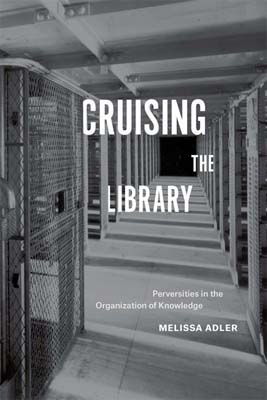Censorship and book banning are a long-time interests of mine. My father was a "first amendment fundamentalist" and I internalized his beliefs with respect to free expression of ideas, even ideas I disagree with (or find abhorrent). Repression of ideas we don't like is a paternalistic response. Ovenden's book looks at the long history of deliberate book burning across time and space.
He begins his book, not surprisingly, with a discussion of the importance of libraries, and sounds an alarm as to the threats against them including reduced funding and attacks from individuals and authorities "motivated to deny the truth and eradicate the past". Furthermore he states that "the significance of of books and archival material is recognised not only by those who wish to protect knowledge, but also by those who wish to destroy it." Ovenden explores the sequestration of knowledge from the earliest clay tablets to more recent news events and "alternative facts". Rulers have always known that knowledge is power, and keeping knowledge from others increased their power.
South Africa's Truth and Reconciliation Commission was "hampered" by the fact that the apartheid regime had "destroyed documents on a massive scale" in order to silence voices, "remove incriminating evidence and...sanitise the history of oppressive rule."
In 1992 library staff at the National and University Library in Sarajevo, Bosnia and Herzegovina "formed a human chain" around the library in order to remove materials from the recently bombed building. The Library was the "sole target" of the bombs - a deliberate attack to annihilate the "recorded memory not just of a nation but the culture of the entire region, one that had a significant Muslim population".
During World War I Germans burned down the library at the University of Louvain in Belgium - a clear violation of the Hague Convention of 1907. The Germans again burned the rebuilt library during World War II.
World War II of course also saw the destruction of libraries, Jewish archives, and other books and documents at the hands of the Nazi's.
The persecution of the Jews of Europe under the Nazi regime fell with terrifying force not just on the People of the Book (as Jews have self-identified for thousands of years) but also on their books. It has been estimated that over 100 million books were destroyed during the Holocaust, in the twelve years from the period of Nazi dominance in Gemany in 1933 up to the end of the Second World War.
The Reformation can be blamed for quite a bit of archival information loss. Records were destroyed and libraries in catholic monasteries were lost as Henry the VIII questioned papal authority and started the Anglican church.
Of course any discussion of "burning books" needs to include the Library of Alexandria. There are so many versions of the blaze and legends surrounding the destruction of the library it is impossible to know what is true. "What all [the] myths and legends have in common is that they mourn the library as a victim of barbarity triumphing over knowledge."
This book had an interesting take on self-censorship. I generally think of it in the way that Judy Blume has expressed it
It's not just the books under fire now that worry me. It is the books that will never be written. The books that will never be read. And all due to the fear of censorship. As always, young readers will be the real losers.
However, Ovenden's work includes a chapter "To Be Burned" which describes self-censorship as a way for author's to "curate" their own writings - writers destroying their own drafts, notes, and diaries. Interestingly, I recently heard Judy Blume discuss in a webcast the fact that she had disposed of many of her old journals and diaries because she didn't want her family to find them after she died. Writer's are controlling their own legacies.
I enjoyed learning a little library history while reading this work
The first sense of a university library in Oxford had emerged four centuries [before the Reformation] with the concept of loan chests: where money could be borrowed in return for books - valuable objects- being deposited.
The first substantial library catalogue to be published was that of Leiden University Library, in 1595, which also marked the opening of their new library building....the collections were arranged under seven categories: theology, law, medicine, mathematics, philosophy, literature, history.
I end my post with this important message from the author.
"Libraries [are] necessary for the future because of the knowledge they collected from the past."



